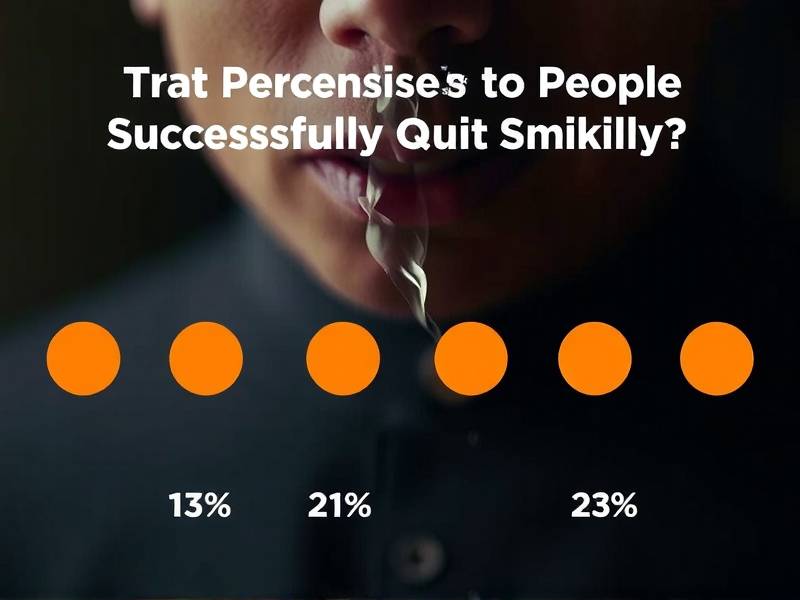What Percentage of People Successfully Quit Smoking?
The Success Rate of Smoking Cessation: A Closer Look
Introduction: Smoking remains a prevalent issue worldwide, affecting millions of lives. As a result, the quest for effective smoking cessation strategies has been ongoing. One of the most pressing questions for both smokers and healthcare professionals is: What percentage of people successfully quit smoking? In this article, we will explore the success rates associated with quitting smoking and delve into the factors that contribute to successful cessation.
Understanding the Challenge: Quitting smoking is a complex process that requires determination, support, and often, medical intervention. The difficulty in quitting smoking is compounded by nicotine addiction, which can lead to withdrawal symptoms that make it challenging for individuals to resist the urge to smoke.

Success Rates: Research has shown that the success rate of quitting smoking varies significantly among individuals. According to data from the Centers for Disease Control and Prevention (CDC), approximately 6 out of 100 adult smokers in the United States successfully quit each year. However, these numbers can vary depending on several factors.
-
Age and Gender: Younger individuals tend to have higher success rates compared to older smokers. Additionally, women are more likely to quit smoking than men.
-
Time Spent Smoking: The longer an individual has smoked, the harder it may be to quit. However, research indicates that even long-term smokers can successfully quit with proper support and strategies.
-
Support Systems: Having a strong support system in place can significantly improve one's chances of quitting successfully. This includes friends, family, healthcare professionals, and support groups.

-
Nicotine Replacement Therapy (NRT): NRT products such as gum, patches, lozenges, and inhalers can help alleviate withdrawal symptoms and increase the likelihood of successful cessation.
-
Medications: Prescription medications such as varenicline (Chantix) or bupropion (Zyban) have been shown to double one's chances of quitting successfully compared to going cold turkey.
-
Behavioral Changes: Adopting healthier habits such as regular exercise, maintaining a balanced diet, and developing stress management techniques can also contribute to successful smoking cessation.
Conclusion: The success rate of quitting smoking varies among individuals but remains achievable with proper support and strategies. While it may seem daunting at first glance, millions of people worldwide have successfully quit smoking each year by leveraging various resources and techniques available today. As we continue to explore new approaches and treatments for smoking cessation, it is crucial for individuals seeking to quit to remain hopeful and proactive in their journey towards a smoke-free life.
